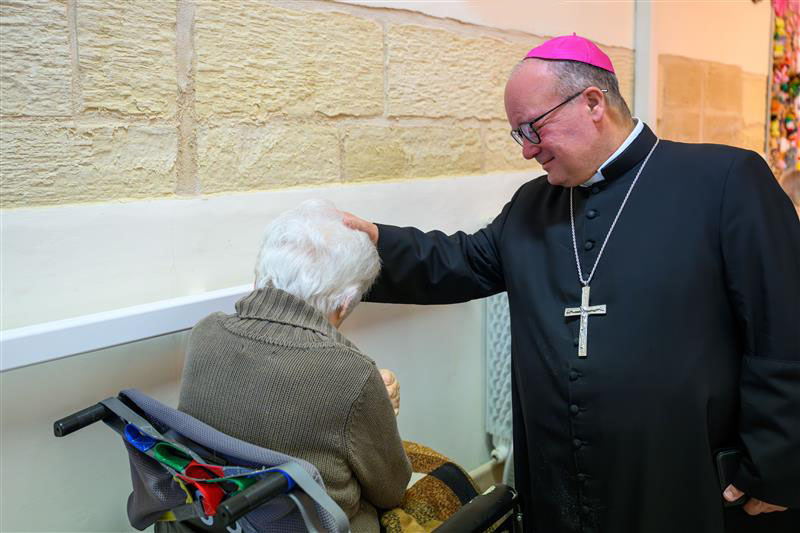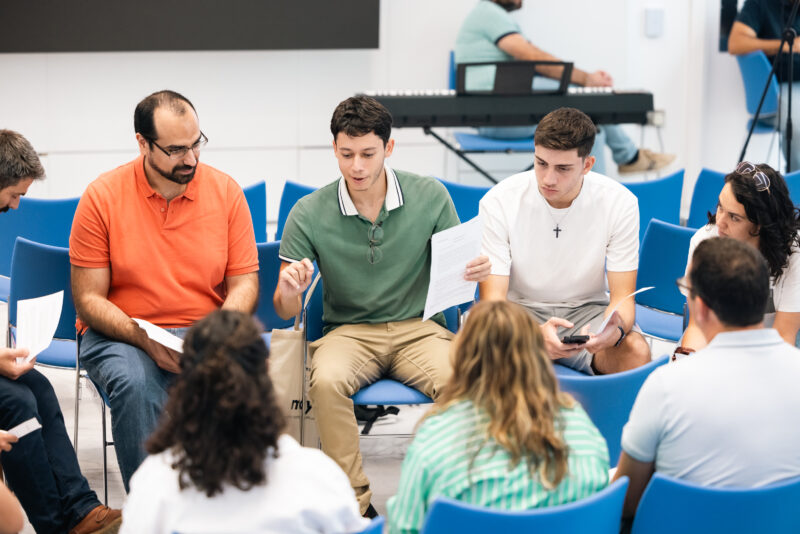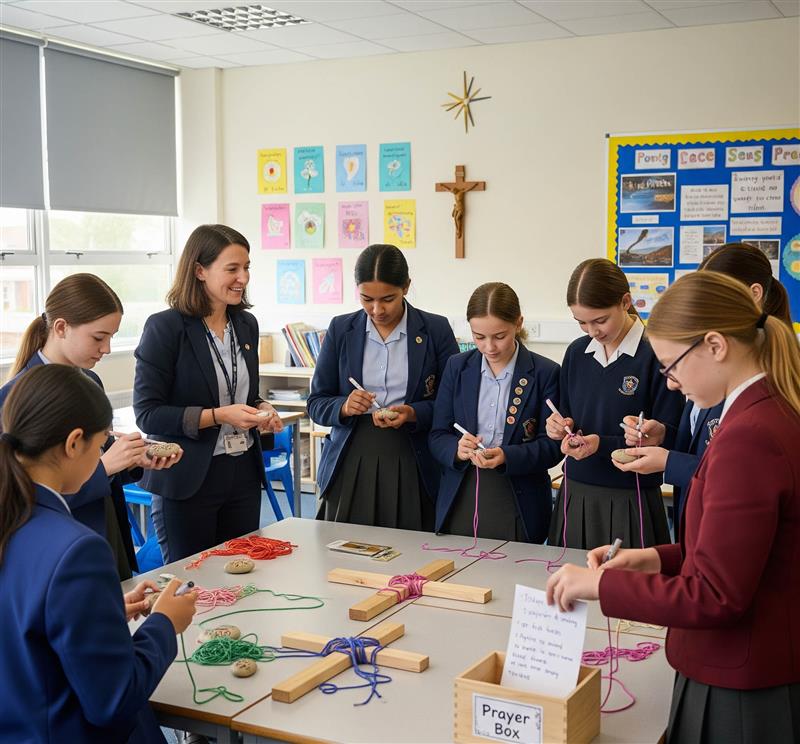This course is eligible for the Get Formed! scheme, allowing students to reclaim 70% of their course fees upon completion. For more information, visit: https://pfi.edu.mt/get-formed/.
This experiential course invites participants to journey from the joy of Easter to the fire of Pentecost through themed Prayer Spaces. Students will first engage in the prayer spaces themselves, immersing in reflection on the themes of Easter. They will process their experience in small groups and then in a larger plenary discussion. Practical guidance and resources will then be provided to equip participants with the skills needed to create and lead meaningful prayer space encounters for others in their own settings.
This course is designed for all those who wish to help children, young people, and adults grow in their prayer life — namely, educators, catechists, youth leaders, youth ministers, religious counsellors, chaplains, lay chaplains, priests, and religious.
Target Audience Age: 18+
The course will take place on Saturdays from 9:00am to 12:00pm.
| Date | Session |
| 11th April 2026 | From Encounter to Experience – Discovering Prayer Spaces as Pathways of Resurrection |
| 18th April 2026 | Co-Creating with God – Bringing Prayer Spaces to Life |
This course has three exit certificate options:
1. Certificate of Attendance
The student will receive a Certificate of Attendance when attending a minimum of 80% of all contact hours for this course.
2. Certificate of Participation
The student will receive a Certificate of Participation when attending a minimum of 80% of all contact hours for this course and pass from short multiple-choice exam.
3. Certificate of Achievement
To obtain a Certificate of Achievement, students must attend a minimum of 80% of all contact hour and pass from a short multiple-choice exam and a reflective journal.
Language: Applicants must be proficient in both Maltese and English.
Digital: Applicants must be digitally literate particularly in the use of office suites and of the internet, to both of which they must have access.

















